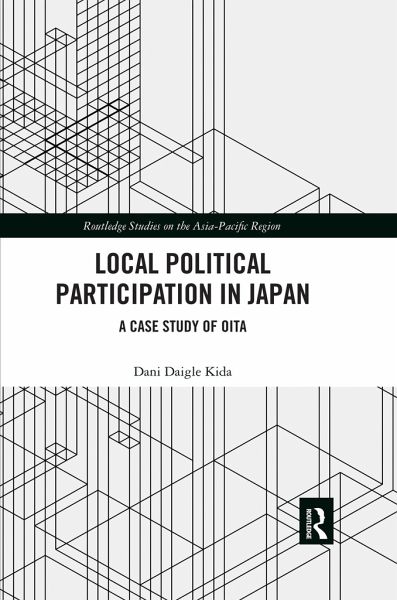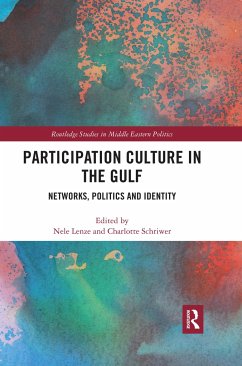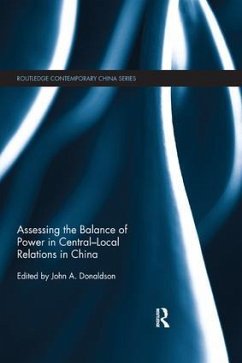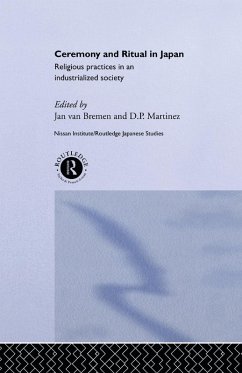
Local Political Participation in Japan
A Case Study of Oita

PAYBACK Punkte
28 °P sammeln!
How Do Japanese Citizens Participate Politically? Most Japanese citizens, perhaps with a bit of a chuckle, would answer that 'average' Japanese do not participate in politics. While political attitudes in other countries have fluctuated corresponding to social, political, and economic climates of the times; in Japan, a consistently negative view of politics has persisted since the late 1960s. Japanese citizens perceive their government much more critically than citizens of neighboring countries. While many Japanese citizens participate in specific political acts such as signing candidate suppo...
How Do Japanese Citizens Participate Politically? Most Japanese citizens, perhaps with a bit of a chuckle, would answer that 'average' Japanese do not participate in politics. While political attitudes in other countries have fluctuated corresponding to social, political, and economic climates of the times; in Japan, a consistently negative view of politics has persisted since the late 1960s. Japanese citizens perceive their government much more critically than citizens of neighboring countries. While many Japanese citizens participate in specific political acts such as signing candidate support cards, attending political rallies, or directly contacting politicians, they largely do not view these activities as political participation. Kida examines why this is the case; whether there is a connection between negative views of politics and how Japanese people self-identify their political participation; how Japanese citizens attempt to exact change or influence policy; how the government engages citizens in political participation; and the relationship between citizens' attitudes towards government and levels of political participation. Kida explores political participation on the local level, to better understand the sources of political attitudes. While participation studies have been conducted in Japan, most are centered in large urban areas, focusing on either extreme forms of participation such as protests, or concentrated on single issue participation such as the environmental or women's movements. This book, in contrast, explores what every day 'regular' in the system political participation looks like in a small traditional Japanese city - using Oita, a small city in Kyushu, as a case study. It focuses especially on the role local institutions and politicians play in influencing the kinds of participation available and subsequently, the attitudes created about participation.














